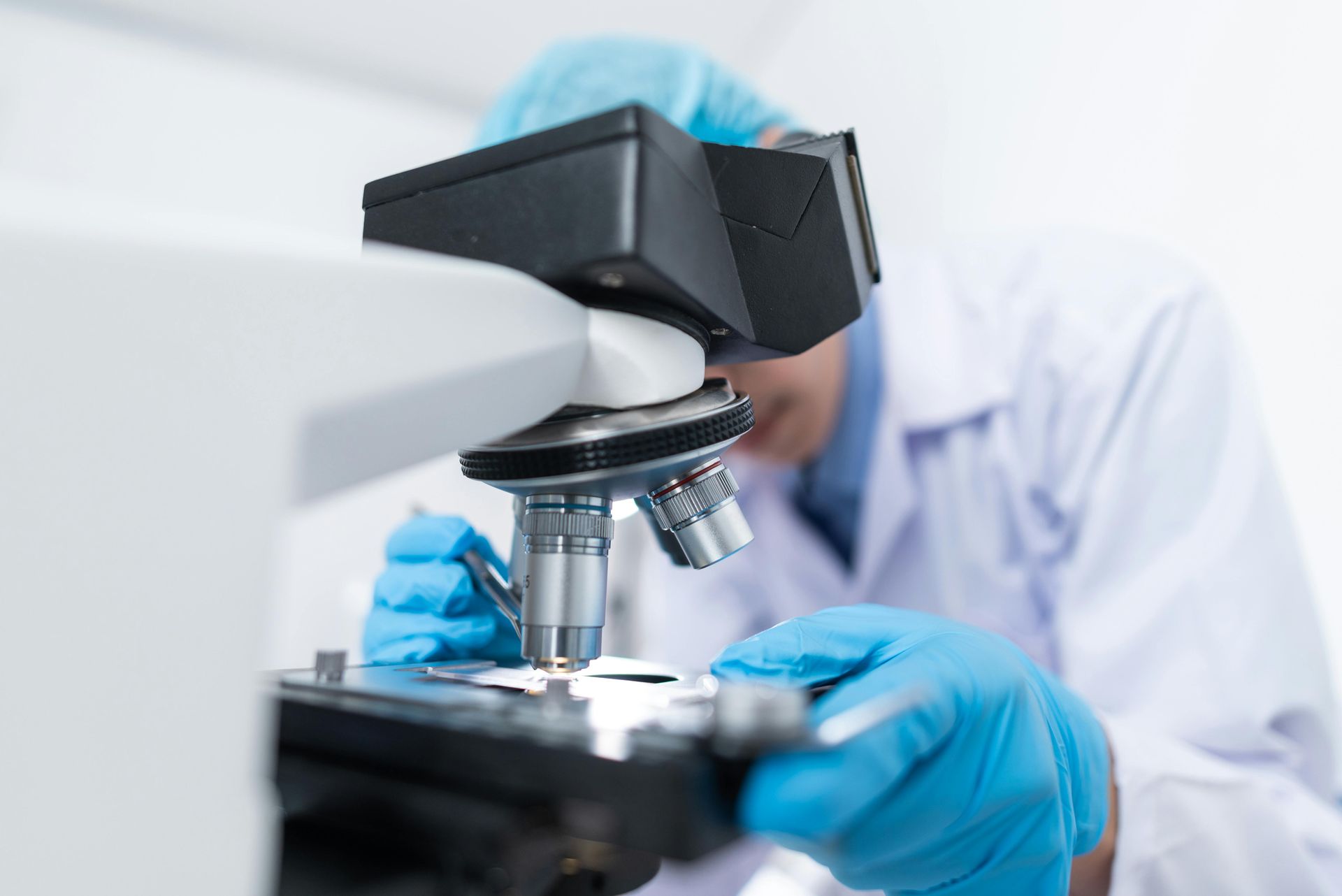Understanding Fibroids and Fertility
Learn how uterine fibroids can influence conception and pregnancy — and how modern fertility care can make a difference.
Uterine fibroids are a common diagnosis among women of reproductive age. While many fibroids are harmless and cause no symptoms, others can interfere with fertility and pregnancy. At Caperton Fertility Institute, we help patients understand how fibroids may affect reproductive health and provide personalized treatment options to optimize fertility outcomes.
What Are Uterine Fibroids?
Fibroids, also known as leiomyomas, are benign (non-cancerous) growths that develop in or on the uterus. They can vary greatly in size, number, and location. Depending on where they form, fibroids are classified into several types:
- Submucosal Fibroids: Grow into the uterine cavity
- Intramural Fibroids: Develop within the uterine wall
- Subserosal Fibroids: Form on the outer surface of the uterus
- Pedunculated Fibroids: Attached by a stalk extending from the uterus
How Fibroids Can Affect Fertility
Not all fibroids impact fertility. However, certain types and locations are more likely to interfere with conception, implantation, or pregnancy progression.
- Submucosal Fibroids:
These are most likely to affect fertility because they distort the uterine cavity, which can prevent implantation or increase the risk of miscarriage. - Intramural Fibroids:
When large, these fibroids can change the shape of the uterus and affect blood flow, potentially reducing the chances of successful embryo implantation. - Tubal Blockage:
Fibroids located near the fallopian tubes can obstruct sperm or egg movement, preventing fertilization. - Cervical Fibroids:
Although rare, fibroids near the cervix can hinder sperm entry into the uterus.
Common Symptoms of Fibroids
Fibroid symptoms vary widely — some people experience significant discomfort, while others have no symptoms at all. Common signs include:
- Heavy or prolonged menstrual bleeding
- Pelvic pain or pressure
- Pain during intercourse
- Frequent urination or constipation
- Recurrent pregnancy loss or difficulty conceiving
For many patients, fibroids are first discovered during a fertility evaluation or routine pelvic exam.
Diagnosis and Treatment Options
At Caperton Fertility Institute, we use advanced diagnostic imaging such as ultrasound and MRI to assess fibroid size, number, and location. Once diagnosed, treatment is tailored to your fertility goals and overall health.
Treatment options include:
- Medical Management: Hormonal therapies to reduce symptoms and fibroid growth.
- Surgical Options: Myomectomy to remove fibroids while preserving the uterus.
- Minimally Invasive Procedures: Hysteroscopic or laparoscopic surgery for faster recovery and minimal scarring.
Our approach is designed to preserve fertility whenever possible while alleviating symptoms and improving uterine health.
Hope After a Fibroid Diagnosis
A fibroid diagnosis doesn’t mean you can’t conceive. Many patients with fibroids go on to achieve healthy pregnancies — especially with proper evaluation and treatment.
At Caperton Fertility Institute, our experienced fertility specialists in Albuquerque, NM, and El Paso, TX, provide compassionate, individualized care for every patient. We’ll guide you through diagnosis, treatment, and the next steps toward achieving your dream of parenthood.
✨ If you suspect fibroids may be affecting your fertility, schedule a consultation today. Let’s take the next step together toward your fertility goals.




